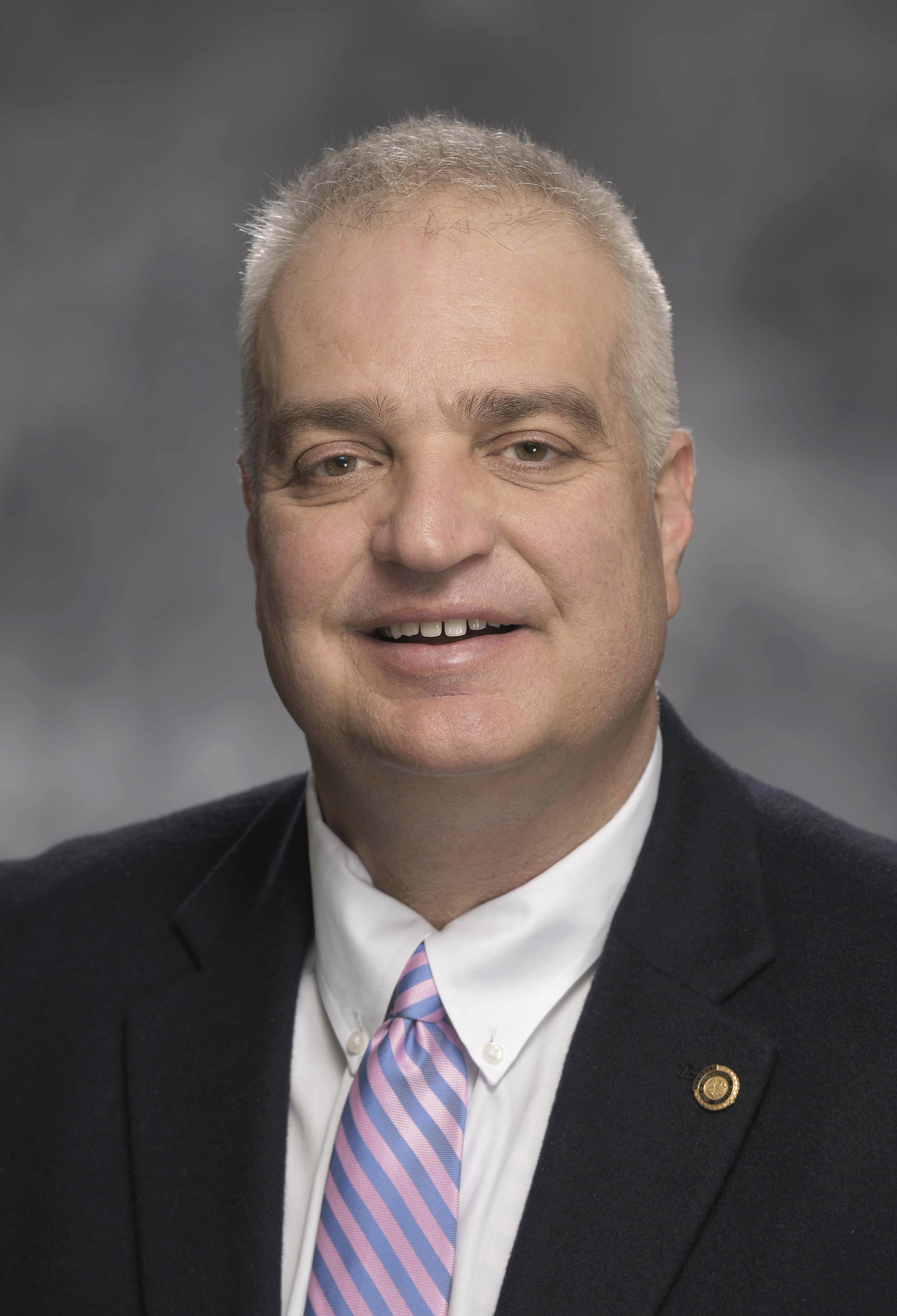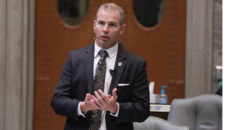As elected officials vacate Jefferson City and return to their families and jobs, The Missouri Times is bringing you updates on big initiatives that didn’t quite make it through before May 17. The “Next Steps” series will showcase progress made on certain legislative issues and offer a look ahead to what could come.
JEFFERSON CITY, Mo. — Measures to reform civil asset forfeiture procedures in Missouri didn’t quite make it through the General Assembly during the 2019 session, but already lawmakers are looking ahead at ways to change the practice.
“What I would like to see is to get this thing through public hearings and debate and find out exactly where we stand, what kinds of violations may be happening, and what kinds of reforms may help Missouri,” Sen. Ed Emery told The Missouri Times. “There are a number of states that have already done reforms and a number of states that have looked at reforms, and we also may have some things to learn from those other states.”

While Missouri requires a criminal conviction or guilty plea for property to be civilly forfeited, law enforcement agencies can circumvent state law by participating in the federal equitable sharing program. In these instances, local agencies will request a case be transferred to federal investigators and will be able to share the seized assets with the federal government.
At the federal level, investigators must simply establish a preponderance of the evidence to tie property to an alleged crime.
According to the state standard, assets seized are earmarked for education. But property related to cases transferred to federal investigators can go right back to the police departments.
Missouri received about $126.7 million from the federal equitable sharing program — more than $9 million per year — between 2000 and 2013, according to data from the Institute for Justice. In contrast, Missouri averaged about $109,000 per year from 2010 to 2014 in forfeitures at the state level.
From his own research, Emery said, “It might not be as big a state issue as it is a federal issue … but the state does benefit from federal abuse.”
2019 legislation
Emery filed SB 494 during the 2019 session, but it stalled in the Senate. The bill would have prohibited Missouri law enforcement agencies from circumventing the stricter state rules regarding civil asset forfeiture by turning cases over to the federal government’s program. It mirrored HB 444 which didn’t pass the House Rules – Administrative Oversight Committee.
Other civil asset forfeiture reform measures were included in a sweeping omnibus criminal justice reform bill that didn’t pass through the legislature before May.
Grading Missouri
When it comes to state law regarding civil asset forfeiture, the Institute for Justice has given Missouri a B+ — a rather high mark compared to other states in the U.S. However, the state ranks 34th with its participation in the federal equitable sharing program.
“The Institute for Justice’s new report shows that law enforcement is pursuing profit, and its use of federal forfeiture does not reduce crime or reduce drug use and blatantly circumvents Missouri’s good state forfeiture law,” Lee McGrath, senior legislative counsel for the Institute for Justice, told The Missouri Times.
So what’s next?

Rep. Bruce DeGroot, a Republican and self-described “law and order guy,” hasn’t decided if he will be the one to file legislation next session but is seriously considering it. He says he’s an advocate for making sure people are given the tools necessary to be “productive members of society” following an arrest.
DeGroot wants to see a bill passed that would require law enforcement agencies to follow state civil asset forfeiture standards. In an effort to compromise, he would be willing to put seized assets back into the general revenue as opposed to schools, which is where it’s currently directed.
This would give law enforcement agencies an opportunity to come before the state legislature, present a case for additional funding, and draw from the general revenue — as opposed to pocketing money taken through the federal program, he said.
Kevin Merritt, the executive director of the Missouri Sheriffs’ Association, said it’s a “good idea” to review the civil asset forfeiture process to see if “there’s room for improvement.”
“Our position is: It’s a valuable law enforcement tool in the fight against crime, but like anything else, it causes a lot of controversy,” Merritt told The Missouri Times. “One of the things that we are trying to get a hand on is those … that really push for reform, what are they trying to accomplish or reform? Is it the fact that they want to look out … and protect and are interested in the rights of those who are subjected to having their properties seized and forfeited? Or is their concern the money goes to law enforcement if it’s federal as opposed to the schools?”
Merritt said law enforcement officials do not wish “to violate anyone’s constitutional rights” and maintained the association looks forward to continuing discussions with lawmakers next session.
https://themissouritimes.com/62009/next-steps-criminal-justice-reform/

Kaitlyn Schallhorn was the editor in chief of The Missouri Times from 2020-2022. She joined the newspaper in early 2019 after working as a reporter for Fox News in New York City.
Throughout her career, Kaitlyn has covered political campaigns across the U.S., including the 2016 presidential election, and humanitarian aid efforts in Africa and the Middle East.
She is a native of Missouri who studied journalism at Winthrop University in South Carolina. She is also an alumna of the National Journalism Center in Washington, D.C.
Contact Kaitlyn at kaitlyn@themissouritimes.com.























